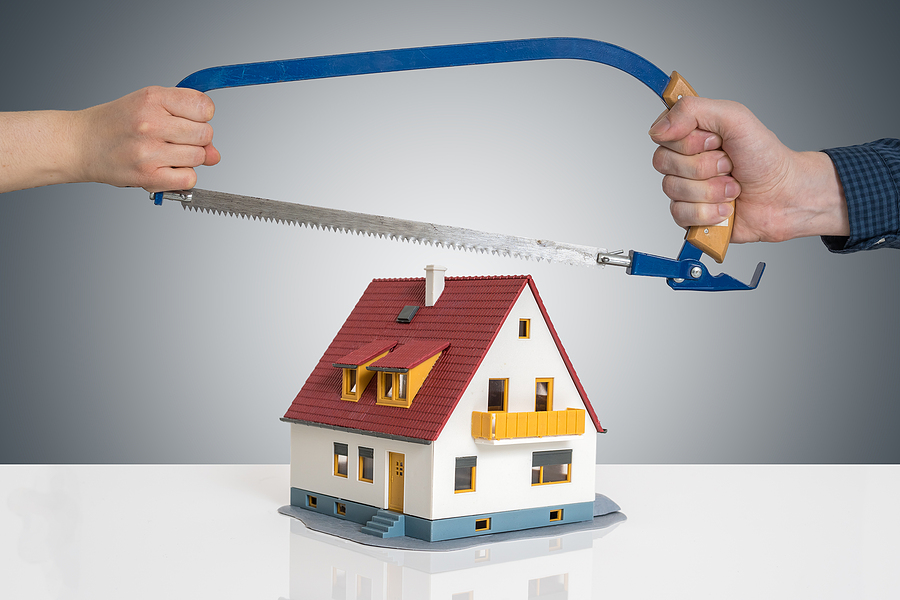When facing a divorce, many folks express a desire to keep the house. This is usually done by buying out the other party’s interest in the residence. This involves not only paying off the former spouse for his or her half of the equity, but usually involves a refinance to move the mortgage into your name only. While keeping the house may sound like what you want, it is very often a poor decision. It won’t be helpful to make yourself house poor to keep the house. Here are some points to consider when considering whether it’s a good idea to keep the residence or not:
It’s probably not about the kids.
While you may be thinking that the kids will need you to keep the house, the reality is that it is often not true that a move will harm the children. Surely the kids won’t benefit if you put yourself into bankruptcy. Be careful that your thoughts and emotions are clear so that you are not allowing your own emotions and insecurities to cloud your judgment.
Don’t give away your retirement to keep the house.
People will often try to find money in their retirement assets to trade for the residence buyout. While retirement may seem far away, it may be closer than your realize. Think twice about raiding your retirement. You won’t be able to enjoy your real estate in your old age if you can’t retire. Therefore, do not overdo it when it comes to keeping the house. It may deplete your current savings.
Consider costs of sale.
If you sell your house as part of the divorce proceeding, you will be able to split the costs of the sale. In the event you do a buy-out, you will be stuck with the entire burden of costs of sale should you choose to sell later. The Courts rarely give a credit to the person keeping the residence for potential costs of sale. Additionally, there are usually substantial points and fees required for a refinance.
Consider your cash flow.
Remember, owning a house costs money. Make sure after support, you have sufficient cash flow to maintain the residence, mortgage, property taxes, maintenance, HOA fees, etc. You don’t want to be in a situation where you are cash poor and unable to pay your bills.
Talk to a Certified Financial Planner.
Don’t rely on your lawyer for financial advice in making the important decision of whether to keep the house. You may find that it makes perfect sense to keep it, but make sure that you receive advice to help you plan for how you will do and how you will make keeping the house part of an overall strategy for your future. Hire a financial professional to get the best advice you can.
Many of my clients to choose to keep the house. I feel better about those clients who consider the question carefully and weigh all of the relevant information before making a choice.

